Last week we asked you what you wish you had known before adopting your pet, and as always, Lifehacker readers delivered. (I also asked for some cute pet pictures; sadly, you did not deliver nearly as many of those as I would have liked).
Bringing an animal into your life is no small undertaking. It’s important to remember that every pet has a unique personality, and that you should be emotionally and physically equipped to meet their particular needs. To do this, start by having an honest conversation with yourself about the following topics before you commit yourself to a creature that will rely on you for…well, everything. At the very least, make sure you’re ready to get cat hair on everything you love.
Note: The following advice pertains mostly to cats and dogs.If you’re looking for lizard tips, we’ll have to be more specific in our requests next time around.
An existence coated in pet hair
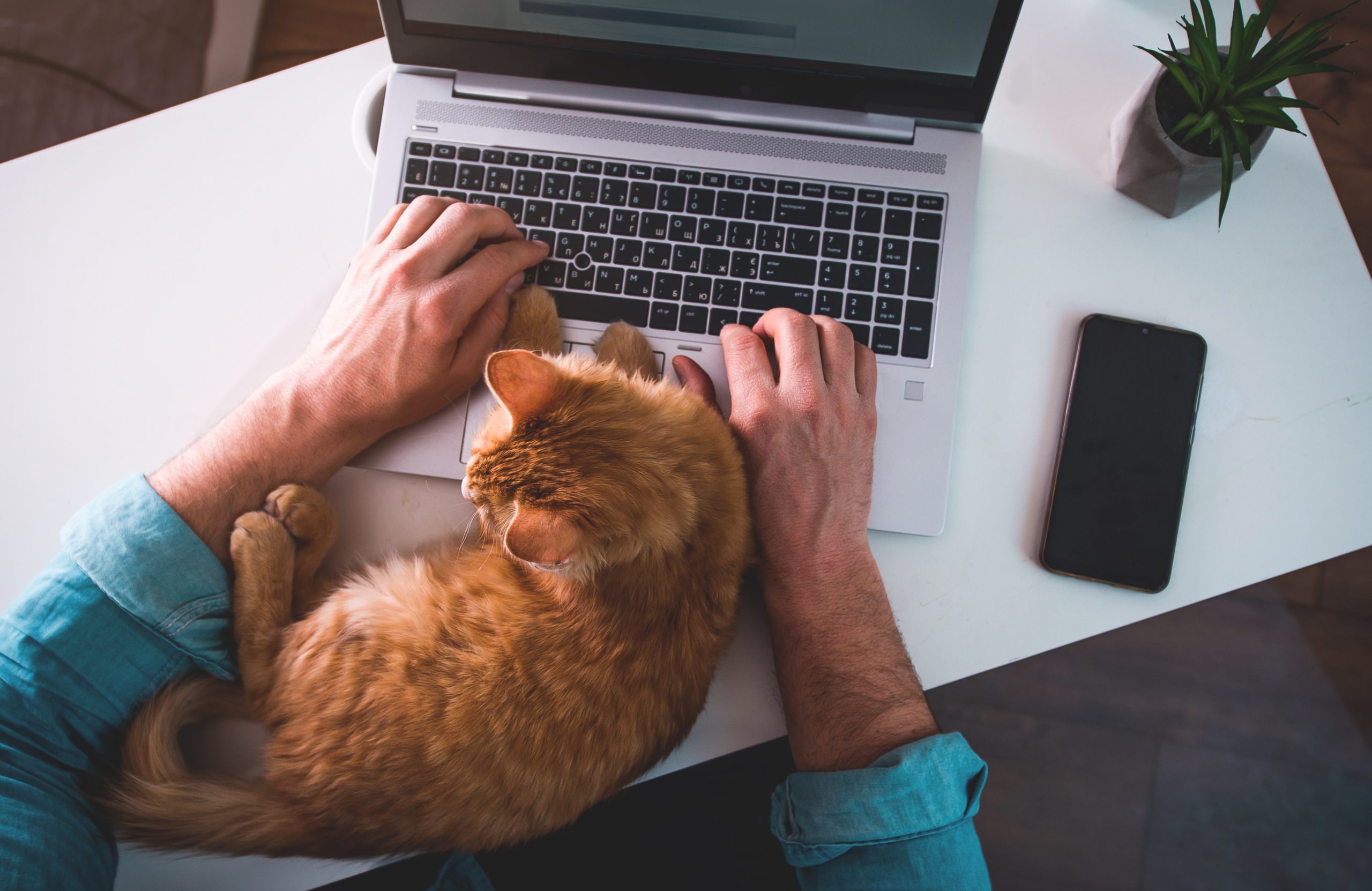
Never underestimate how much animals can shed. I have a black sweater that I’m convinced still has yellow lab fur from my family dog that passed away eight years ago. You all offered your own woes and wisdom about managing pet hair:
“The hair. The shedding. The dander. We have a great cat we rescued (it was living under our deck). Totally awesome cat. Wouldn’t think of getting rid of it. But the thing is a fur-generating, hairball-creating, dander factory. Cat hair tumbleweeds are found in every corner. Surfaces that the cat doesn’t go near are still magically covered in fur. The dust/dander quotient is thru the roof since it’s arrival. Kind of wish I had known that ahead of time.” –KazarSoze
“I second that you just need to accept your new life with pet hair. Even short haired dogs and cats will shed. Unless you want to sweep, vacuum, and dust EVERY SINGLE DAY (which I would argue is unreasonable), it’s just going to be a thing you deal with.” –HeathMaiden
User ThundercatsRidesAgain agrees that “it’s a never-ending cycle of cleaning…one of our cats died a few months ago, and he was our main shedder. I miss that little bastard, but I do not miss all of his hair.” They also share this advice for salvaging your home out from under all the pet hair:
- Invest in cloth furniture covers (see image below, not the plastic things your grandma had). Yeah, they’re not the coolest things ever, but they can be brushed off with a fabric brush every few days, and once every two weeks you can take them off and launder them. The covers pull of easily if you’re having company over, and then you have couches and chairs free of cat hair. As a bonus, they can also prevent your cat from damaging your upholstery with its claws.
- Also, put duvet covers on your comforters so that those can be washed regularly, too. Finally, get in the habit of brushing your cats. This will not eliminate cat hair around your house; give up on that. It’s a pipe dream. But it can cut down on the cat hair tumbleweeds (unless you have a long-haired cat, in which case, god help you).
The competence levels of your co-owner
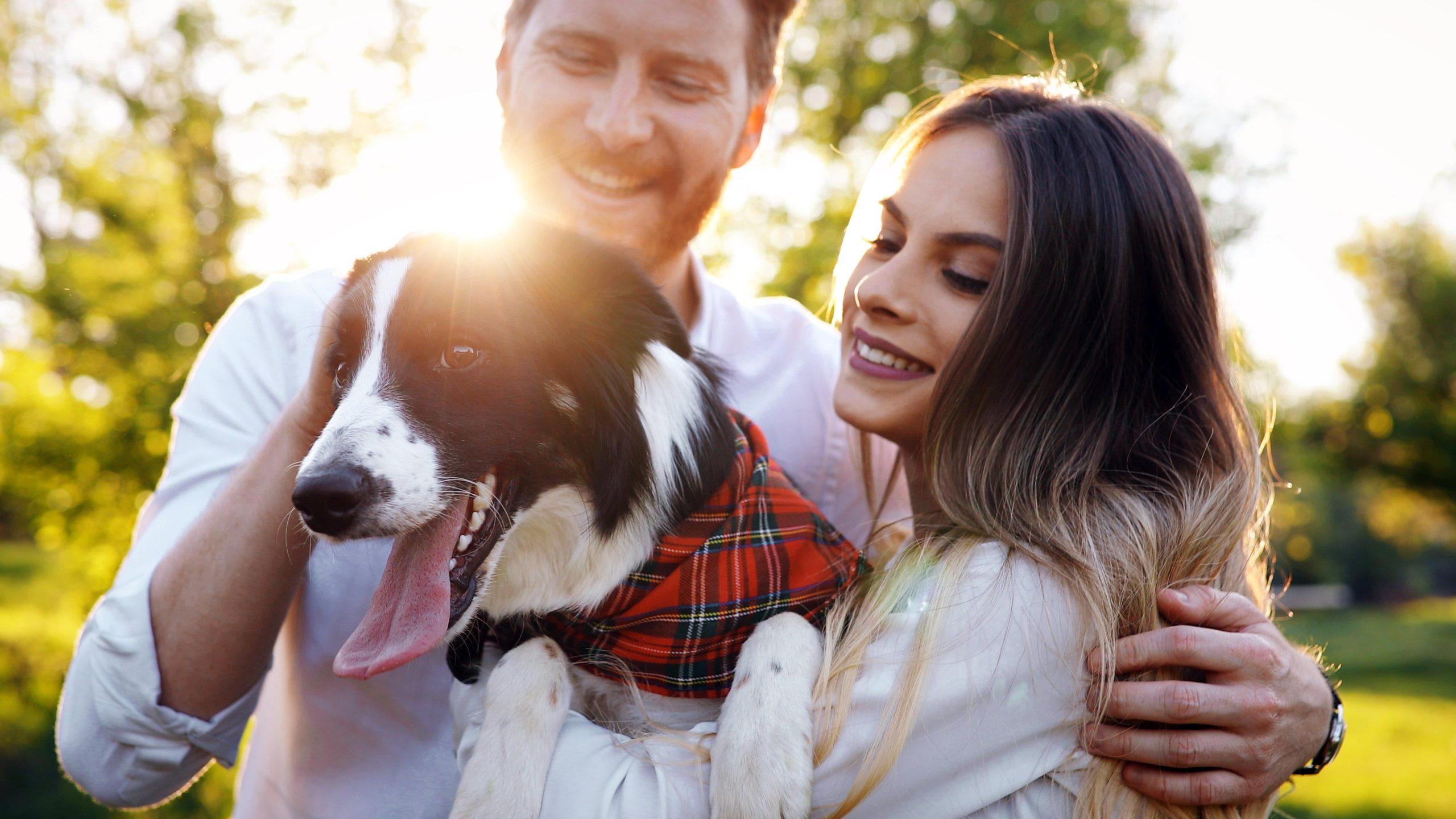
Unless you live alone, it’s important to factor the people in your life into your pet adoption. I asked for horror stories, and commenter CentralScruuuuuuutinizer delivered with this tale [edited for clarity]:
I wish I knew my partner was an idiot. Five trips to the emergency vet in one year. Every instance was due to my partner’s ineptitude.
1) Encouraged [our dog] to hunt for rats. The old dog and new dog got into a fight over dead rat. Emergency vet visit.
2) Walked dog off leash. The dog took off to play with two giant German Shepherds and was attacked. Emergency vet visit.
3) Dog was off leash (again) at a friend’s farm. Dog saw horses. Horses hated dog. One broken toe later. Emergency vet visit.
4) Walked dog by the lake (surprise! off leash). Dog drank tainted lake water. Barfed for days. Emergency vet visit.
5) Dog off leash in forest (facepalm). Dog runs like crazy and pokes eye. Emergency vet visit.
Know your partner/family/roommate’s tendencies before getting a pet.
Bringing an animal into your life is a big responsibility. Make sure the people you trust with your pet are up to task.
What happens when you switch dog foods
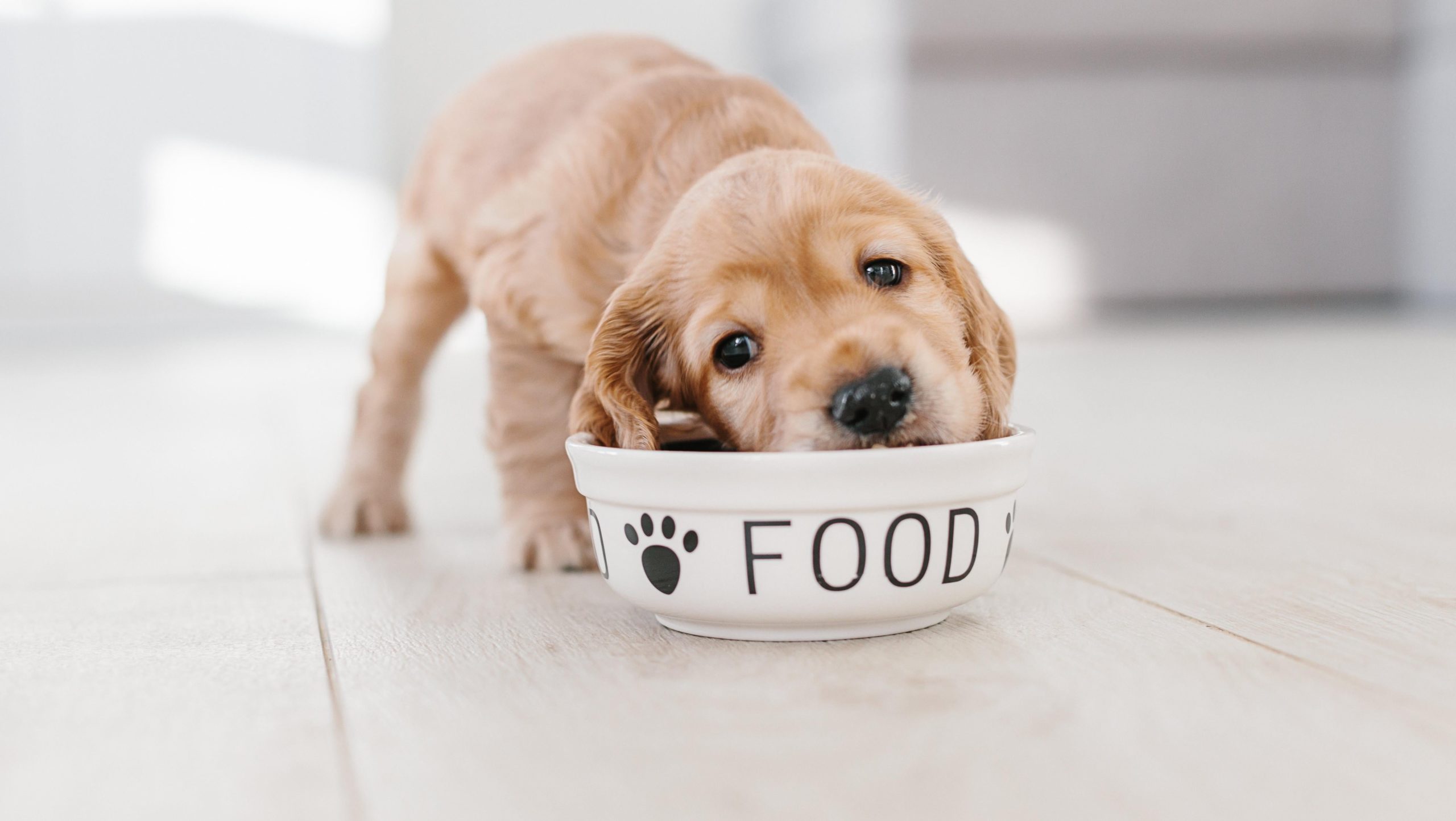
The American Kennel Club (AKC) warns that “switching your dog’s food abruptly can cause gastrointestinal upset such as vomiting, diarrhoea, and a decreased appetite.” Many of you shared firsthand experience with that fact.
“I didn’t know that dogs got sick if you change their food when I first got my dog. So I was just switching between what was on sale and she was getting sick and then I figured it out. Could have saved myself some horrible crate clean ups.” –Paulette
Then again, commenter panthercougar contends that “this is true of some dogs, but definitely not all dogs. Mine can seemingly eat anything and everything and be just fine.”
Apparently, the same issues can be said for cats, too:
“The same goes for some cats, particularly if you switch your cat from dry food to wet food. Oh. My. God. So much poo. So smelly.”
“And what you feed them tends to affect the smell of their poop. I fed my cats grain free food. Once one of them developed chronic kidney disease (CKD), I had to switch some of their food to the special diet food, which does not (yet) come in grain free formulations. My cats’ poop has definitely gotten much stinkier, and they are also both now more prone to gassiness, which has been… fun.” –HeathMaiden
If you’re about to switch pet foods, here’s the official advice from the AKC: “Any time you decide to change your dog’s food, you should transition to the new diet gradually in order to give your dog’s system time to adjust to the change.”
So much poop and puking (seriously)
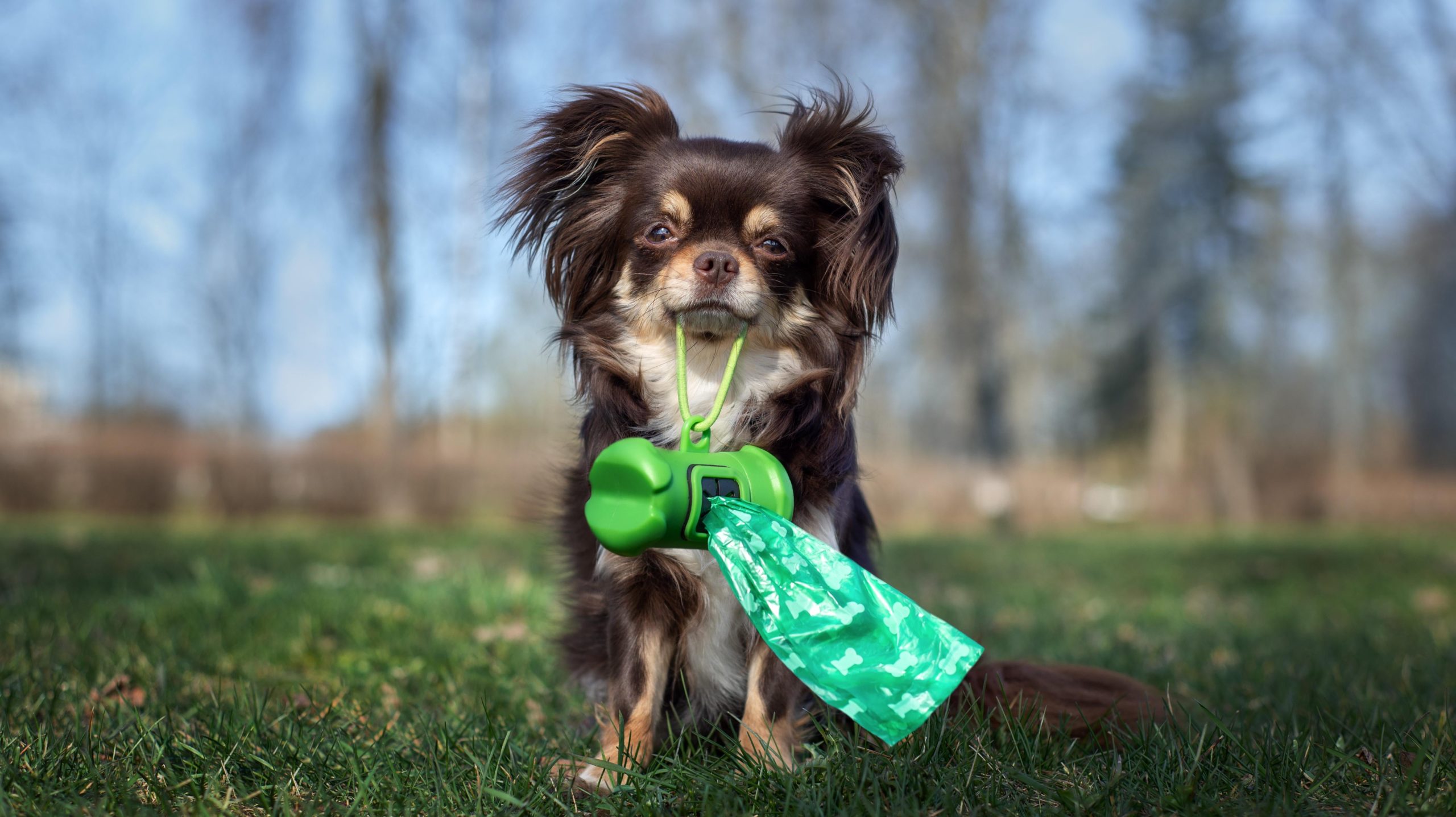
Pet ownership is not all sunshine and belly rubs. When you pledge to take care of a living, shedding, pooping animal, you need to be prepared for all the other bodily functions that entails. That means a whole lot of puke.
“The puking. Usually in the early morning hours. I had previously only had “outside” dogs. So having an indoor four-legged companion brought an awareness to how often dogs may eat something that doesn’t agree with their stomach or doesn’t pass through.” –Pace
“Dogs will roll in poop or dead things to cover themselves with the scent, as many first time dog owners have probably unpleasantly discovered.” –Golden Ballfield
User HeathMaiden gives us a great takeaway for this section: “If you’re squeamish about having to interact with your pet’s bodily excretions, maybe having a pet isn’t for you.” Or, as user Doughnut Resuscitate commented what I assume/hope/pray was a joke: “They poop! Who knew?”
Companionship is a two-way street
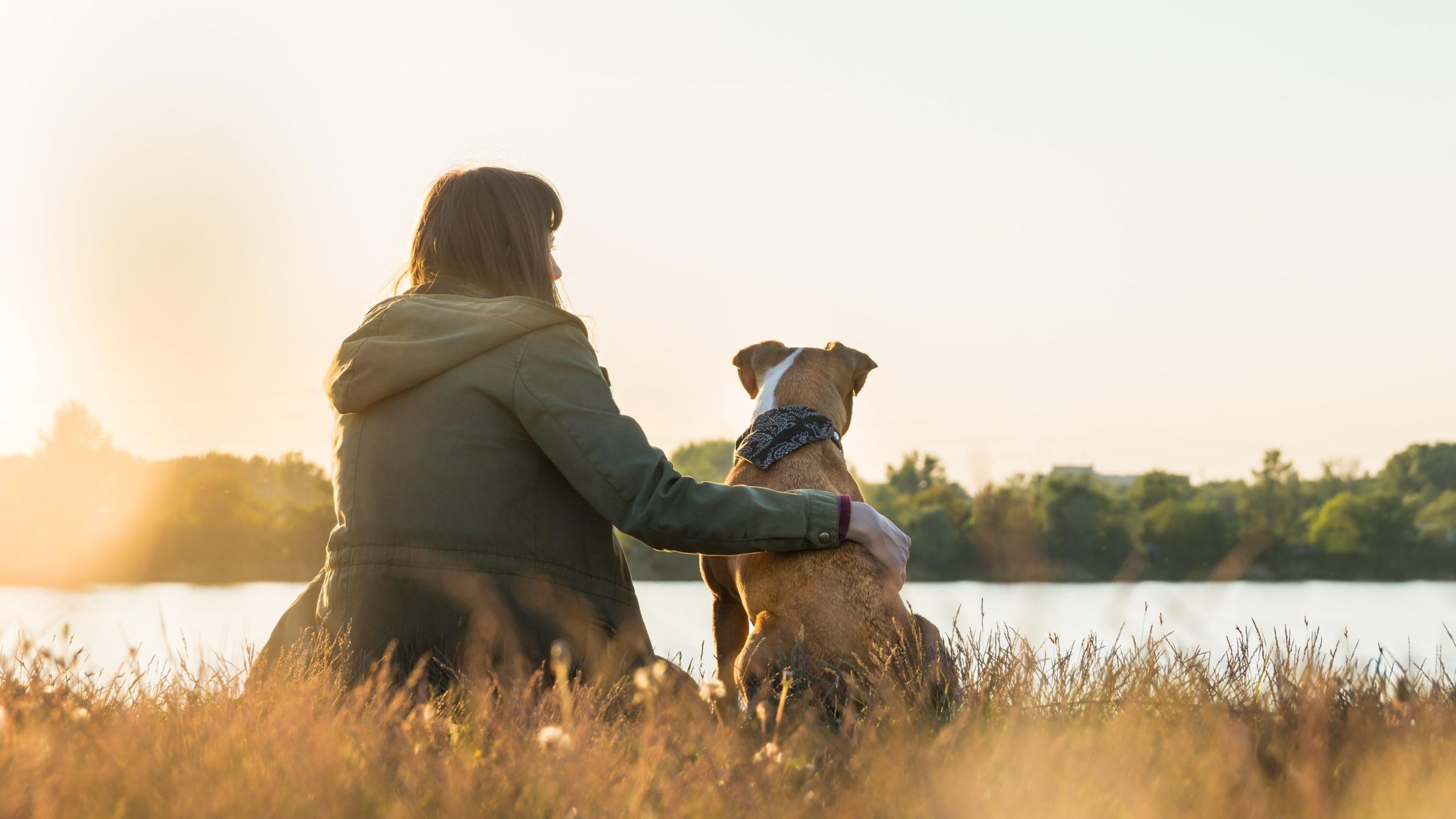
For the sake of both you and your animal, you should have an honest conversation with yourself about what you’re looking for in a pet.
“As selfish as it may sound, you really need to look for a pet that has a behaviour that responds well or agrees to you,” says user Bok Choy. They explain that you should admit to yourself that you’re primarily adopting for companionship, not simply to fix or heal an animal out of pure charity.
“My parents adopted a dog a while ago that was either paranoid by nature or had suffered some sort of emotional trauma and couldn’t get past it. He just will not warm up to anyone except maybe my mum (which still isn’t much). He won’t bite but will just cringe away from any sort of touch and will not willingly get close to anyone. It was next to impossible to start any relationship with him. He was constantly scared of any person and this went on for fiveor so years. We had to put down the poor dude a couple years ago due to constant seizures and heart trouble. I can’t help but feel both were related to his paranoia as he was constantly on edge.” –Bok Choy
“I have this with my current cats. Both were very antisocial when I first started fostering them. One of them finally warmed to me after a few months. (She is now extremely affectionate with me, though shy around strangers.) I assumed the other cat would eventually come around, so I went ahead and adopted them. Turns out he would not come around, or at least, he hasn’t after 13 years. He is more like a freeloading roommate than a companion. I am committed to giving him a home until he dies (there is no way anyone would adopt him given how aggressively afraid of humans he is), but it has taught me that I don’t really want any more special needs kitties.” –HeathMaiden
Think twice about pet number two
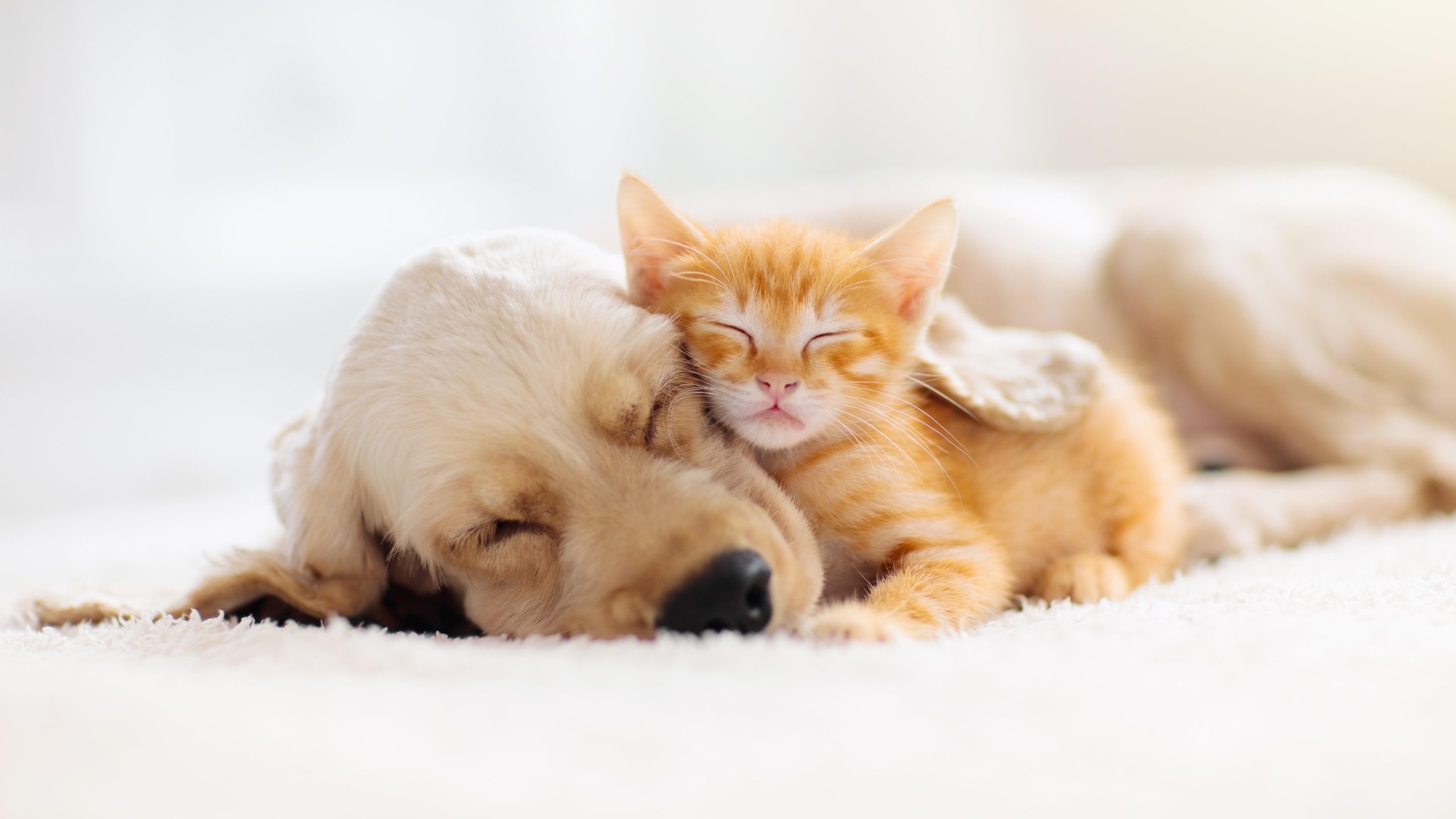
There are a lot of tips out there about getting a second animal in order to keep the first one company. (For instance: “I always recommend people get two cats rather than just one. Two cats will help keep each other entertained and happy, particularly if there are long periods of the day when the house is empty/quiet.” –gt0163c)
However, you shouldn’t assume that all pets are going to mesh well together. “I got my second cat thinking he’d be a companion for the resident cat. Wrong. They merely tolerate each other; they do not play with one another.”–Claire Reyes is in the greys
Then again, my experience growing up with dogs lines up with this insight from user botticellilove: “Pets don’t have to love and play with each other to still benefit from the other’s company.”
Before you bring another animal home, check out what the American Kennel Club says about adopting pup number two. Important questions to ask yourself include your space, the age and training level of your current pet, and any behavioural issues at play.
There is more to cats than the stereotypes
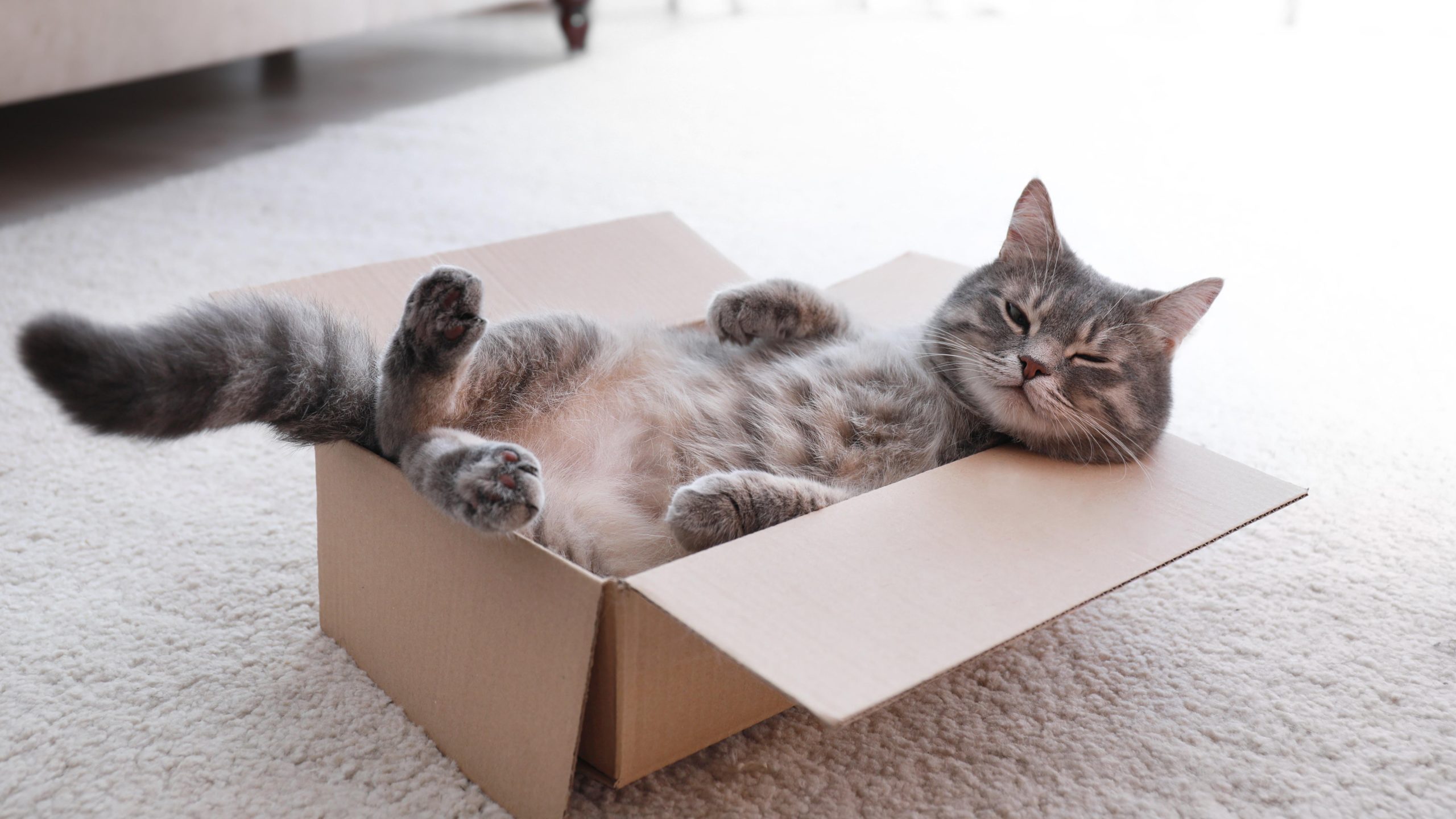
If you make all your assumptions according to memes and cartoons (which I often do), you might think all cats are aloof creatures. In reality, cats have a range of personalities and often defy the expectations that society sets upon them:
“Cats aren’t low-energy, independent creatures who don’t want anything to do with you. They’re curious, sometimes high-energy pets that can actually require a ton of stimulation and interaction with you. Lots of play, and different *kinds* of play to keep them mentally and physically sharp. And not just kittens, my 12-year-old cat still needs a ton of attention and activity…Yeah, you can leave cats alone with food and water for a few days, unlike dogs, because they go to the bathroom indoors. But they are by no means passive pets.” –Ian Lang
“So true — I’ve had many dogs, and one cat I had was more attention-hungry than ANY of the dogs. She would literally try and climb up my pant leg the minute I walked in the door! I loved it.” –GGxGG
Moral of the story: Don’t believe everything you read in Garfield.
Adopting old dogs doesn’t mean new tricks
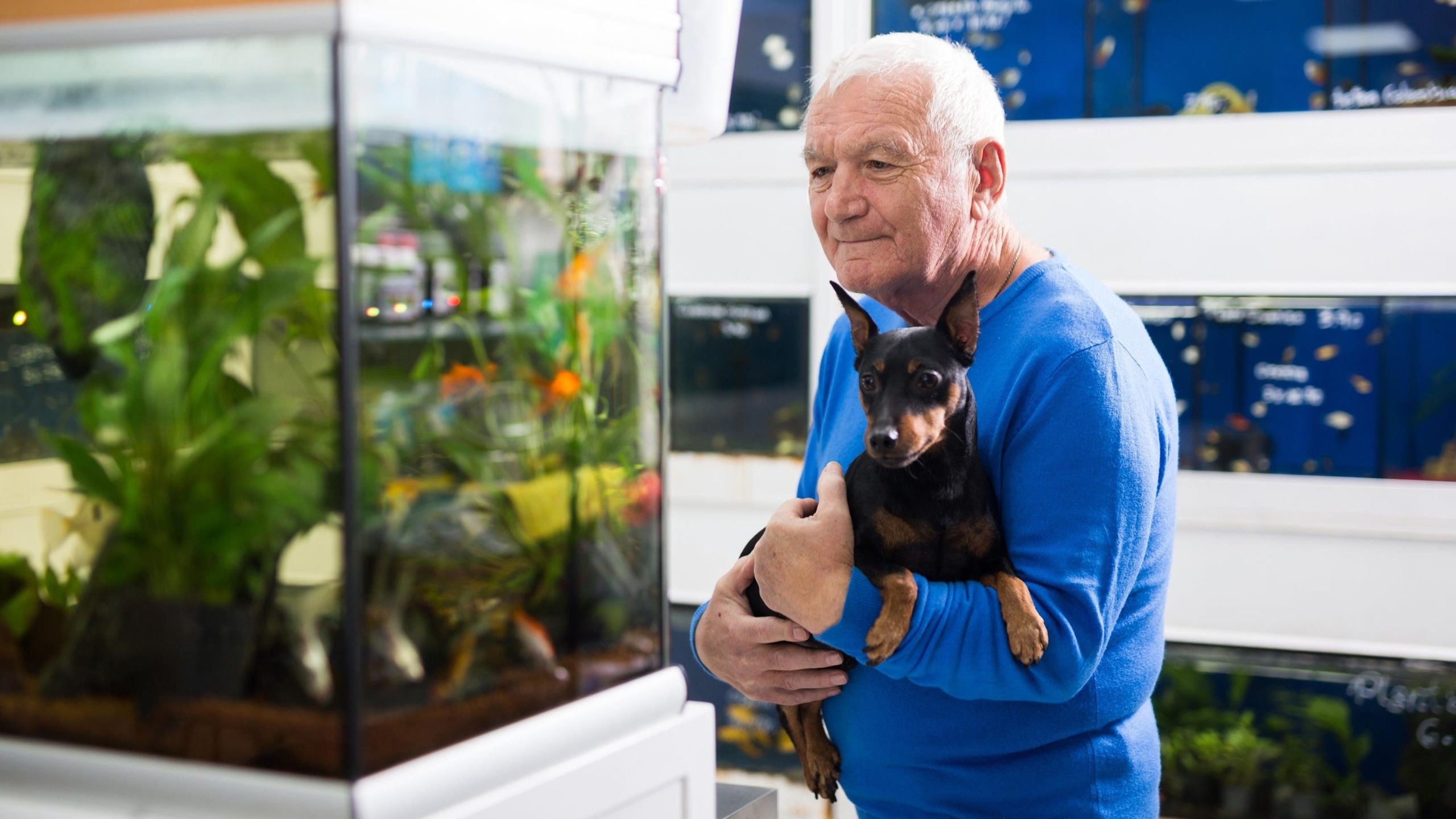
Bringing an older animal into your home is a much different task than adopting a brand new puppy. There are certain advantages, like the animal being pre-trained and house-ready. At the same time, they also “bring along their previous medical history,” comments heylookitsalan, and it’s crucial to reckon with the fact that “they may already be past the halfway mark of their lives.” (More on that thought in the next slide.)
However, if you can handle the emotional undertaking, you should keep an open mind to adopting older pets. The ASPCA writes that “the decision to adopt an older animal can also take on lifesaving importance because they are usually the last to be adopted — senior dogs, for example, have a 25% adoption rate, compared to the 60% adoption rate of younger dogs and puppies.”
“There is a special place in my heart for people who adopt older dogs, since we found the best people in the world to adopt my cousin’s beloved dogs after her tragic death. You’re good people.” –ThundercatsRidesAgain
One day, you have to let go
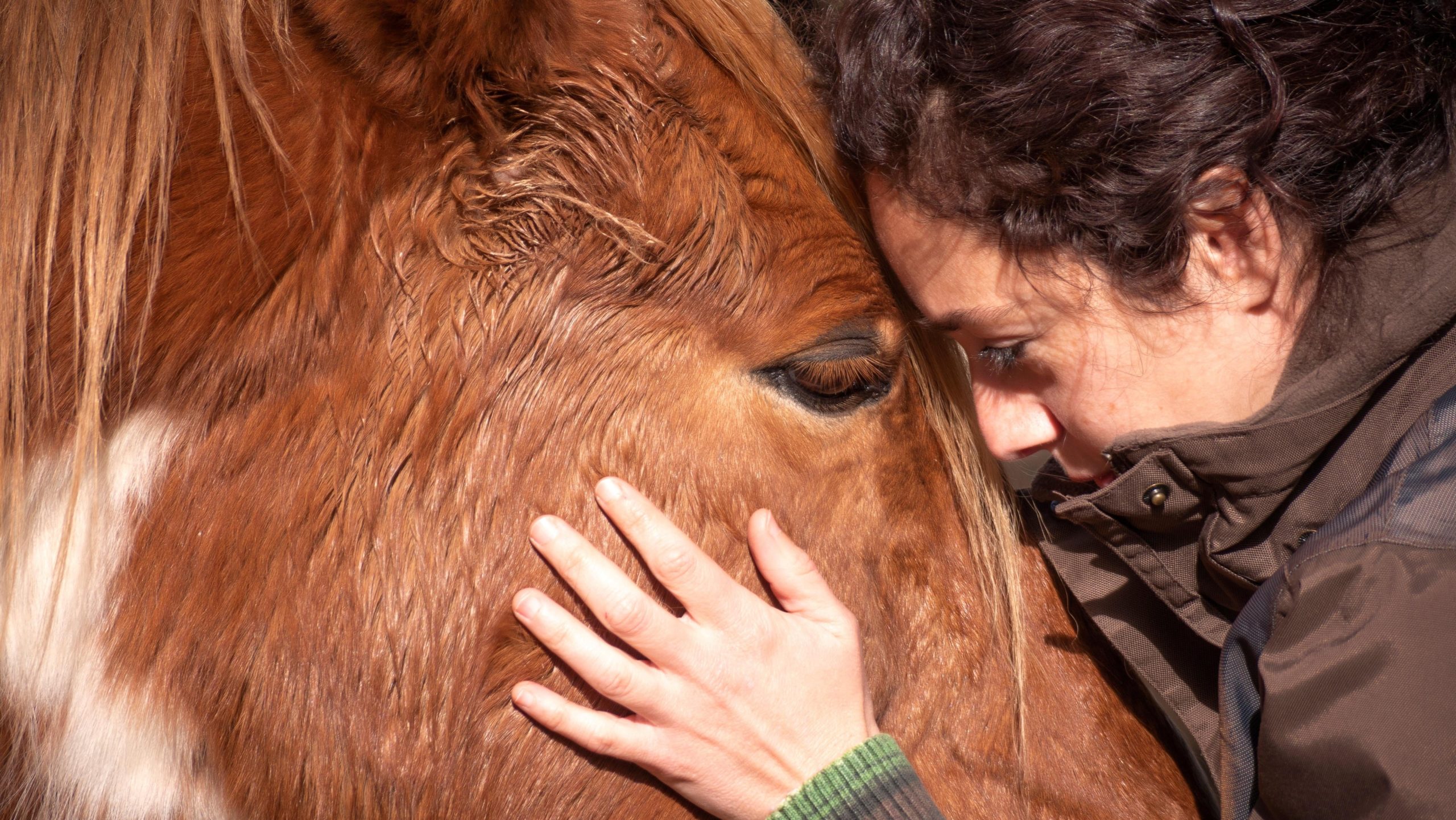
Ultimately, the hardest part about bringing a pet into your life is when they one day leave it. Here are some of the thoughtful words Lifehacker readers shared:
“[Your pets] will die someday, sometimes unexpectedly, from illnesses you couldn’t prevent. It will be devastating, and the only way to lessen the pain will be to adopt again.” –Nina Swan
“All pet owners have to have an honest conversation with themselves about being ready to let their fur babies go when they start to get sick. Cats’ lifespans tend to be around 15 years, and dogs average that, but it varies widely depending on the breed. (Larger breeds will live much shorter lives.) It’s not fair to you or your pet to make them undergo costly and painful (or at least unpleasant) treatments just so you can have a few more days or weeks with them. If you don’t think you can do this, then don’t adopt a pet.”
Before you adopt, make sure you have the emotional capacity to eventually say goodbye.
Ultimately, it’s so worth it
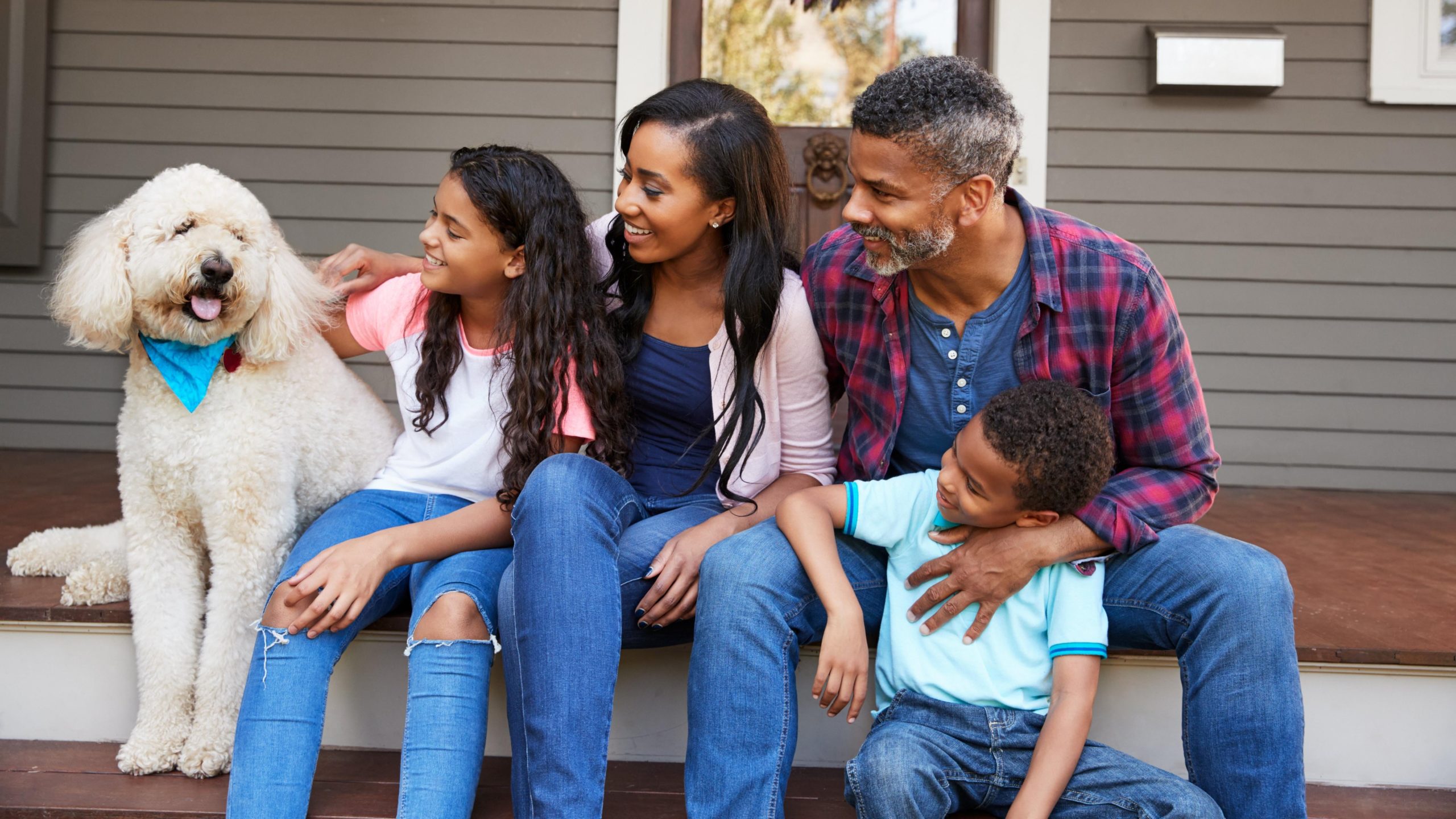
You might get overwhelmed right when you first adopt a new pet. Commenter botticellilove writes that “the immediate panic after bringing home said pet is normal and does subside.” Sherri comments about their own experience with the initial stress and eventual gratitude:
I didn’t sleep the first night, filled with anxiety that I had just made the wrong life-changing decision. The puppy blues were real, though she was a mild and quick-learning pup. Then a medical problem came up; she has very mild seizures that make her wobbly and lethargic for a few hours. We tested her for everything to make sure she could be spayed safely. After a change in flea meds, she only has an episode every three/four months.
I wanted an indoor dog my whole life but I didn’t know how much she would consume my thoughts and actions, even for a chill dog like Coney. I’m so happy we have this dog!
From all the fur, to picking up poop, to incompetent dog walkers–there’s certainly a lot to consider before making the decision to bring a new animal home. But at the end of the day, the companionship you feel with your animal means so much more than any potential drawbacks. Assuming you’re a loving, knowledgeable pet owner–it’s going to be worth it.
Ferrets, uh, love velour?
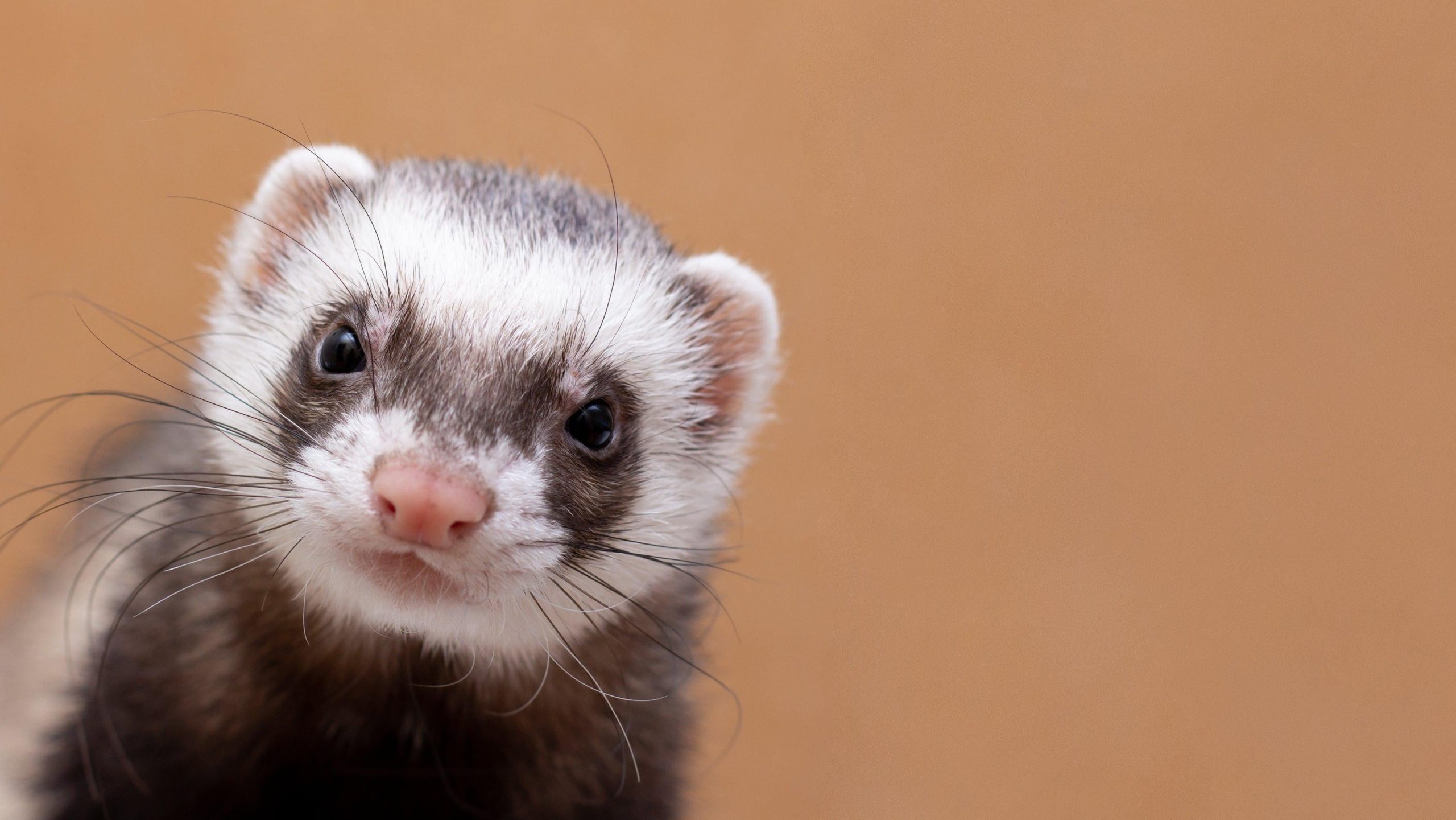
I have no further explanation beyond this tweet. I simply wanted to make sure we had some ferret representation.
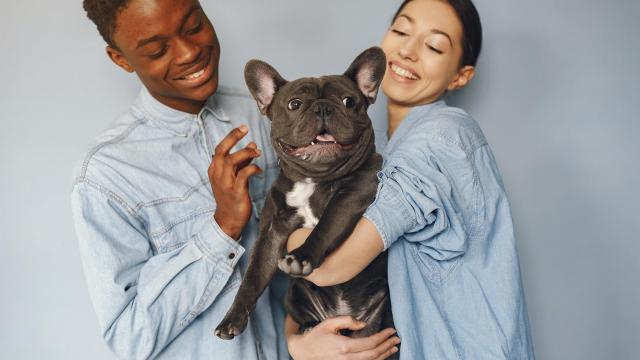
Leave a Reply
You must be logged in to post a comment.